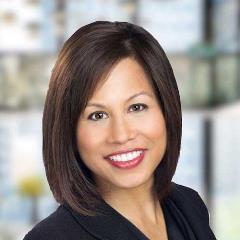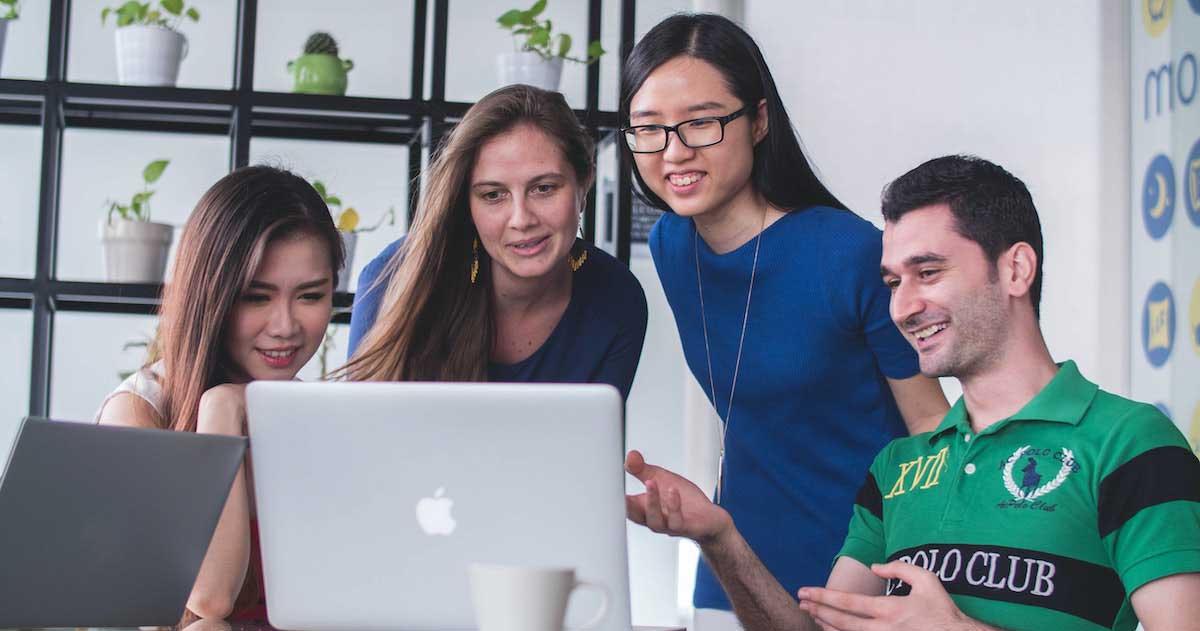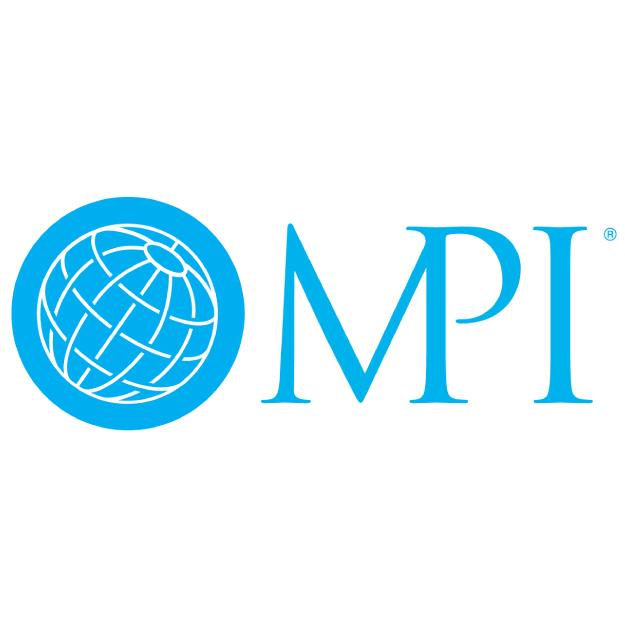“A focus on unconscious bias will become the entry point for diversity and inclusion programs.”
Learn more thoughts from these meeting professionals and their colleagues from around the world in our “State of the Industry” report in the May issue of The Meeting Professional magazine.
 |
d6db6df5899a4606abb3948c0a9ac5fc.tmb-medium.jpg?Culture=en&sfvrsn=6e4d39ad_1) |
-(1).tmb-medium.jpg?Culture=en&sfvrsn=90ab3900_1) |
|
“We have started to see progress on diversity and inclusion at events and there is still opportunity for this to evolve further. As an industry we want to ensure all backgrounds feel welcome and comfortable, and that their voices are heard. What’s also important is creating an environment where everyone feels they can truly bring their authentic self to their work and events. One of the things I would like to see is more women and underrepresented groups speaking at major conferences and events. Equality and increased exposure on stage will help us combat unconscious bias and counter any stereotypes. To accomplish this, we need to create a pipeline of younger, less-experienced speakers and give them the opportunity to practice and grow. We can start helping build speaker resumes and experiences by having them participate with panels, fireside chats, roundtables, etc.” Elaine Morena |
“I’m looking forward to seeing diversity and inclusion evolve in the event space in the next few years. I’m already seeing a shift as more people are becoming educated on the importance of this topic. Larger companies are implementing best practices within their organizations, and I’m proud to be a part of the initiative with MPI as we look to educate our leaders so they can share these tools and resources with not only their chapters but their own clients and companies.” Pawntra Shadab, CTA |
“Diversity of thought will come to the forefront of diversity and inclusion programs. 2020 has brought us unprecedented times that require innovative solutions. One thing that is often forgotten during D&I conversations is that diversity of thought drives innovation. A focus on unconscious bias will become the entry point for D&I programs. We all have biases that can influence our attitudes and decisions, and as we become more aware of the underlying forces that inform our behaviors, we can begin to reflect on how we can do better. Simply by becoming aware of our biases, we can become more proactive about ensuring everyone is included and their voices are being heard.” Tracy Judge, MS, CMP |
I Certificate Program: Inclusive Event Strategist



